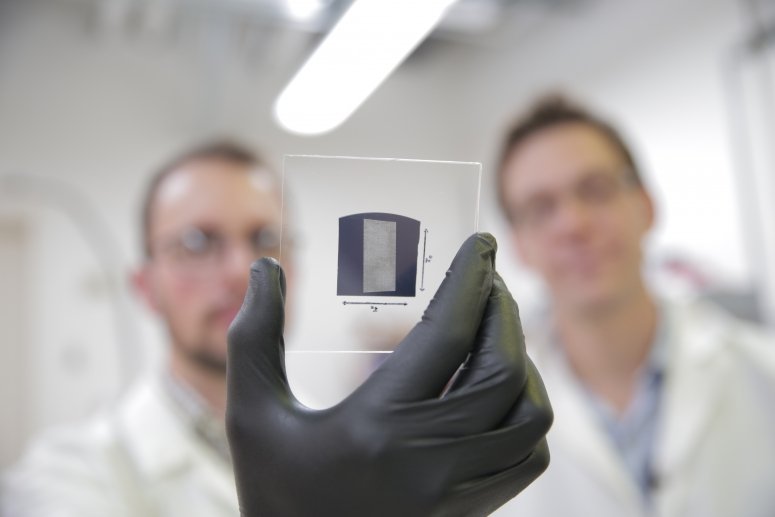
For decades, scientists have tried to harness the unique properties of carbon nanotubes to create high-performance electronics that are faster or consume less power — resulting in longer battery life, faster wireless communication and faster processing speeds for devices like smartphones and laptops.
But a number of challenges have resulted in the development of high-performance transistors made of carbon nanotubes, tiny cylinders made of carbon which are just one atom thick. Consequently, their performance has lagged far behind semiconductors such as silicon and gallium arsenide used in computer chips and personal electronics.
Now, for the first time, University of Wisconsin–Madison materials engineers have created carbon nanotube transistors that outperform state-of-the-art silicon transistors.

Carbon nanotubes have long been considered a promising material for the future of transistors. According to theory, these materials should be able to perform five times faster than silicon transistors. The ultra-small dimension of the nanotube also allows it to rapidly change a current sign traveling across it i.e +ve to -ve and vice-versa.
However, engineers have struggled to isolate purely carbon nanotubes. This is important because impurities often act like copper wires and interrupt the semiconducting properties - like a short in an electronic device.
Arnold and colleagues compared their carbon nanotube transistor against one silicon transistor of the same size, leakage current and geometry. In the end, they saw that the carbon nanotube transistors achieved a current that was 1.9 times higher than most silicon transistors.
::Future Of Electronics::
Arnold says the team's achievement has long been a dream of nanotechnology for the last two decades. He says such a big milestone is a crucial advancement in the use of carbon nanotubes for high-speed communications, logic and other electronic technologies. The carbon nanotube transistors could someday replace silicon transistors and offer bigger gains that the computer industry can rely on. Researchers say the transistors are especially promising for wireless communication technologies that depend on a lot of current that flow across a small area.
Here's the video from the source:
REFERENCES: http://www.techtimes.com/articles/176242/20160904/carbon-nanotube-outperforms-silicon-will-microprocessors-ditch-silicon-transistors-over-carbon-nanotube-transistors.htm

